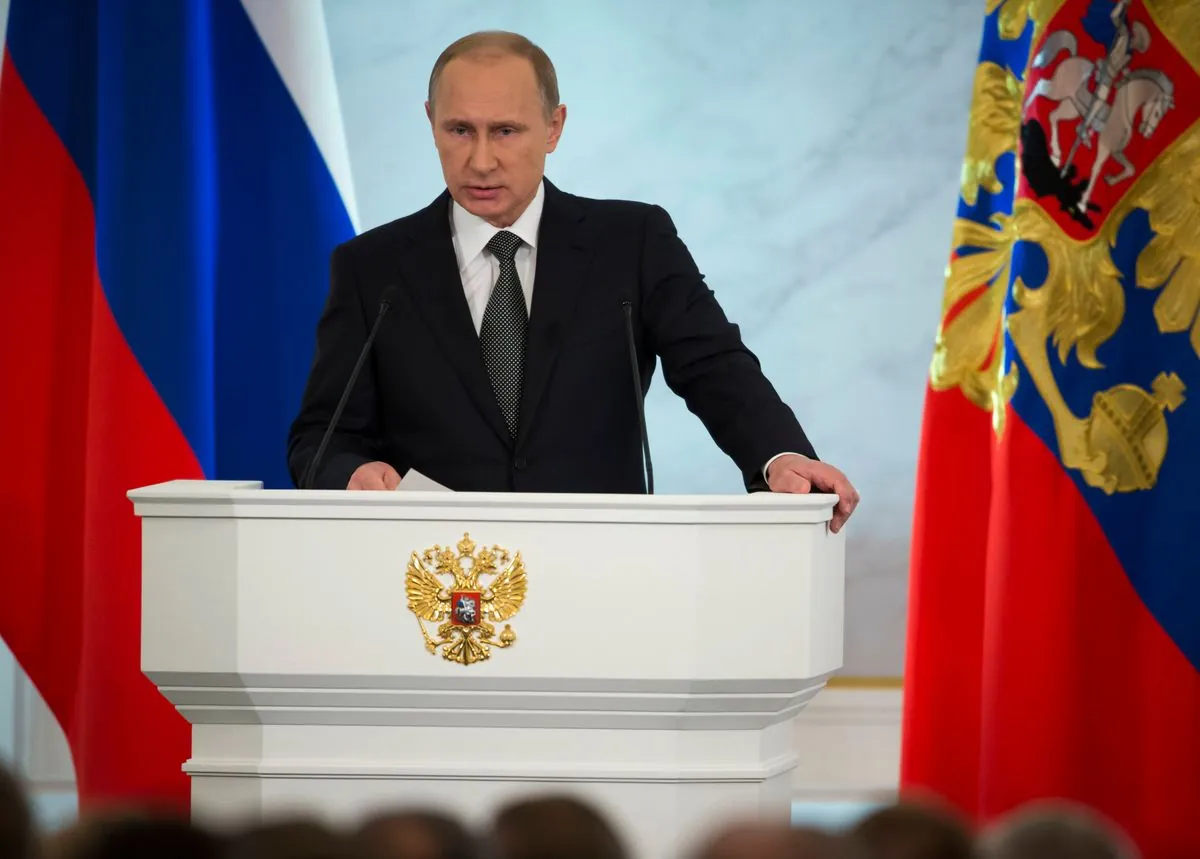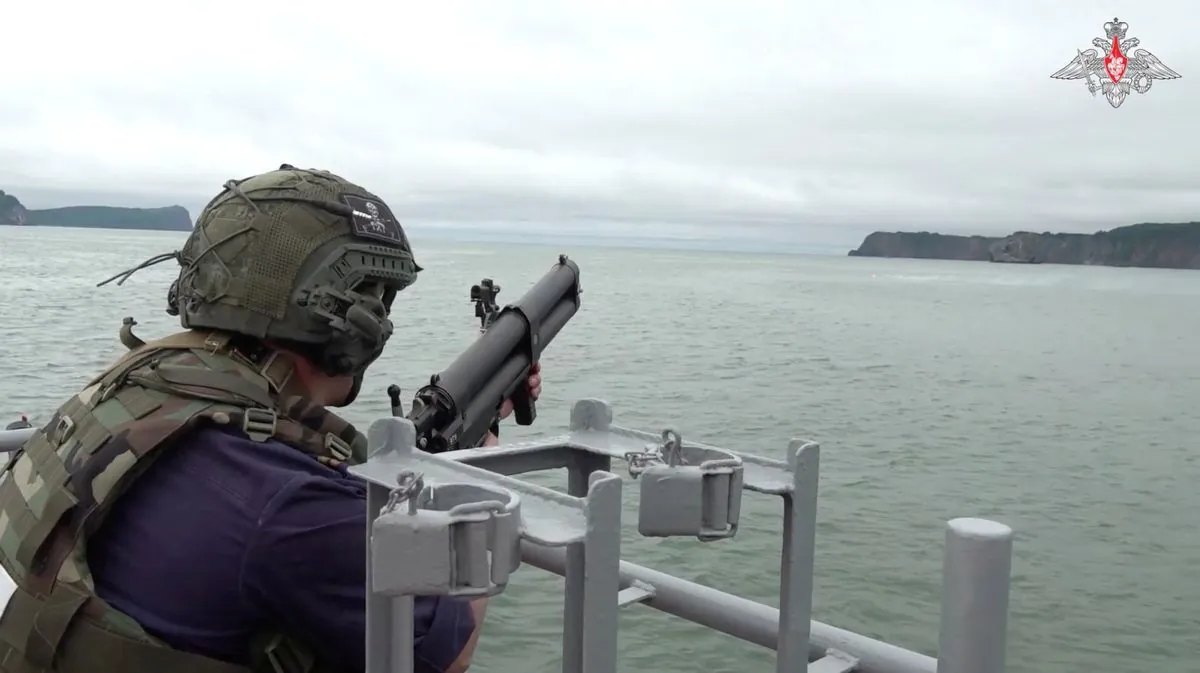Putin Warns of NATO Involvement if Ukraine Gets Long-Range Missiles
Russian President cautions against providing Ukraine with Western long-range missiles, stating it would directly involve NATO in the conflict. Ukraine continues to request advanced weaponry from allies.

Vladimir Putin has issued a stark warning regarding the potential provision of Western long-range missiles to Ukraine, stating that such a move would significantly alter the nature of the ongoing conflict. The Russian President's comments come as Ukraine continues to request advanced weaponry from its allies.
Volodymyr Zelenskyy, Ukraine's President, has been persistently appealing to Kyiv's allies for months, seeking permission to utilize Western-made long-range missiles. These include the U.S. Army Tactical Missile System (ATACMS), with a range of up to 300 km, and the British Storm Shadow, a long-range air-launched cruise missile developed jointly by France and the UK.
Putin asserted that allowing Ukraine to strike Russian territory with these weapons would effectively mean direct involvement of NATO countries in the conflict. He emphasized that the programming and targeting of such missiles would require NATO military personnel's expertise, as Ukraine lacks the necessary capabilities.
"This is not a question of allowing the Ukrainian regime to strike Russia with these weapons or not. It is a question of deciding whether or not NATO countries are directly involved in a military conflict."
The Russian leader further warned that if such a decision were made, it would signify the direct participation of NATO countries, the United States, and European nations in the Ukraine war. Putin cautioned that this would fundamentally change the essence and nature of the conflict, potentially forcing Russia to take what he termed "appropriate decisions" based on the new threats.

Currently, Russia is conducting major naval exercises with China and considering restrictions on significant commodity exports. These actions come amid ongoing tensions and the broader context of the Ukraine conflict, which began with Russia's invasion in February 2022, now over two and a half years ago.
The conflict has its roots in the complex history of the region, including Ukraine's independence from the Soviet Union in 1991 and the annexation of Crimea by Russia in 2014. The full-scale invasion in 2022 marked a significant escalation in the ongoing Russo-Ukrainian War, which has been simmering since 2014.
The West and Ukraine characterize the invasion as an imperial-style land grab, vowing to defeat Russia on the battlefield. In contrast, Putin frames the conflict as part of an existential battle with what he perceives as a declining and decadent West, which he claims humiliated Russia after the fall of the Berlin Wall in 1989 by encroaching on Moscow's sphere of influence.
As the conflict continues, the international community remains divided. The United Nations General Assembly condemned Russia's invasion in March 2022, and the International Criminal Court issued an arrest warrant for Vladimir Putin in March 2023. Meanwhile, Ukraine applied for NATO membership in September 2022, further complicating the geopolitical landscape.
The situation remains tense, with both sides seemingly entrenched in their positions. As the world watches, the potential escalation through the introduction of long-range missiles adds another layer of complexity to an already intricate and volatile conflict.


































